Workshop #1 8:00 AM - 9:30 AM UTC
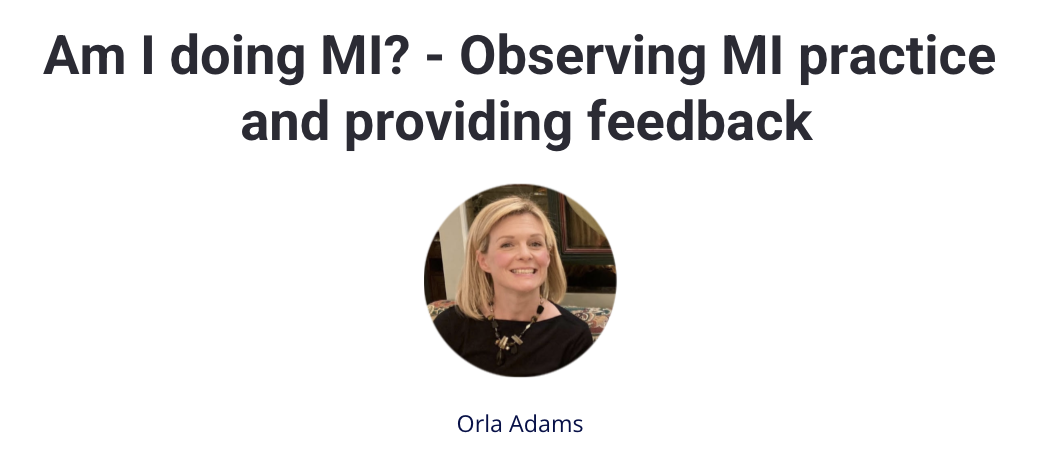
In this session together, we will watch 2-3 videos of recorded MI practice and practice giving feedback and coaching to the practitioner. Colleagues who are learning MI will ask if they can be observed and given feedback without going to the extent of coding. We will look at MI consistent feedback to help MI learners grow and develop. Orla will present a guide to providing in-the-moment feedback and you will have an opportunity to try this within the workshop. There is the chance to watch videos of MI in healthcare and in sports nutrition which will not have been seen by MINT members. This workshop will also be of use to those newer to MI who want a chance to observe practice. Learning Objectives: 1. Further develop knowledge and understanding of MI by watching video demonstrations 2. Take away two videos to use for personal learning or to use in training/learning communities 3. Practice giving MI consistent feedback to a person who is learning MI - using OARS, resisting the fixing reflex, using the ask-offer-ask framework, and embodying the spirit of MI.
Workshop #2 10:00 AM - 11:30 AM UTC
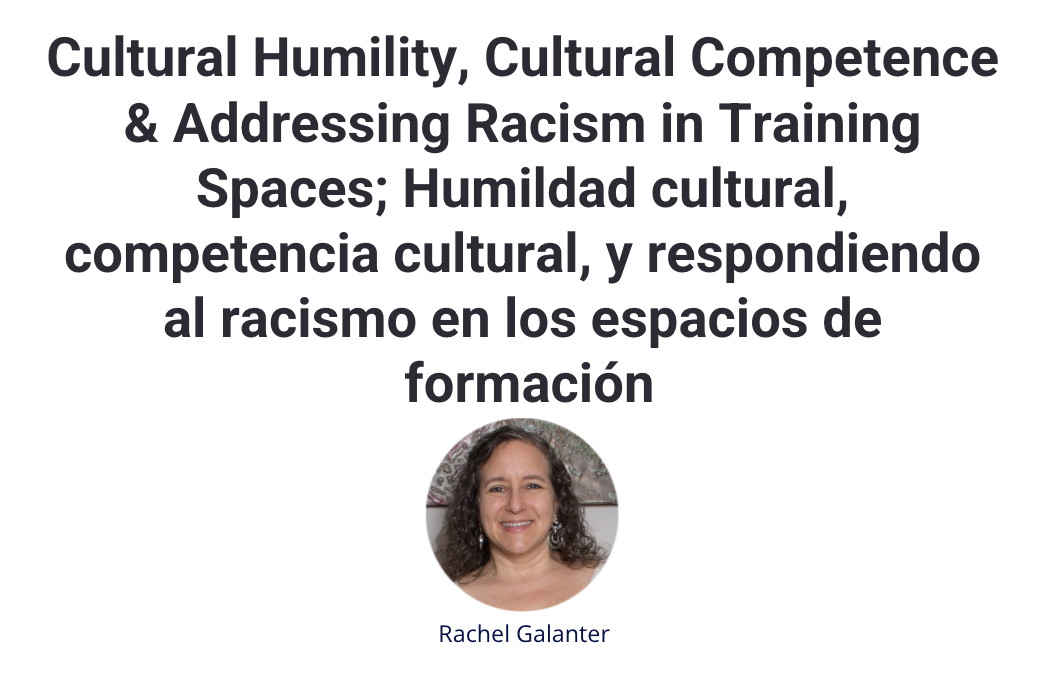
As trainers we want everyone to be able engage in learning. Research shows that instances of subtle racial bias have a larger cognitive cost than blatant racial bias. What can we do as trainers to create learning environments that enhance inclusion and equity? From this interactive and bilingual session, participants will leave with a stronger plan for how their trainings can avoid common pitfalls and at least one feasible new strategy to incorporate. Together we will reflect on: preparing ourselves to address racism and bias in training spaces; opening our trainings to create shared expectations around addressing conscious and unconscious bias; reflecting on race/culture/equity in research, role plays, images, and examples; opportunities for language justice; responding in the moment; what to avoid; and obtaining meaningful feedback. Como entrenadores queremos que todos puedan participar en el aprendizaje. Las investigaciones muestran que los casos de prejuicio racial sutil tienen un costo cognitivo mayor que el prejuicio racial flagrante. ¿Qué podemos hacer como instructores para crear entornos de aprendizaje que mejoren la inclusión y la equidad? De esta sesión interactivo y bilingüe, participantes saldrán con un plan más sólido sobre cómo sus capacitaciones pueden evitar errores comunes y al menos una nueva estrategia viable para incorporar. Juntos reflexionaremos sobre: como prepararnos para abordar el racismo y los prejuicios en los espacios de formación; abrir nuestras capacitaciones para crear expectativas compartidas sobre cómo abordar los prejuicios conscientes e inconscientes; reflexionar sobre raza/cultura/equidad en investigaciones, juegos de roles, imágenes y ejemplos; oportunidades para la justicia lingüística; respondiendo en el momento; qué evitar; y obtener comentarios significativos. Learning Objectives: 1. Develop a stronger plan to enhance inclusion and equity. 2. Describe one feasible new strategy to prepare for trainings, incorporate language justice, address issues as they come up, or evoke feedback to assess developing skills. 1. Desarrollar un plan más sólido para mejorar la inclusión y la equidad. 2. Describir una nueva estrategia factible para prepararse para las capacitaciones, incorporar la justicia lingüística, abordar los problemas a medida que surjan o evocar comentarios para evaluar las habilidades en desarrollo.
Workshop #3 12:30 PM - 2:00 PM UTC
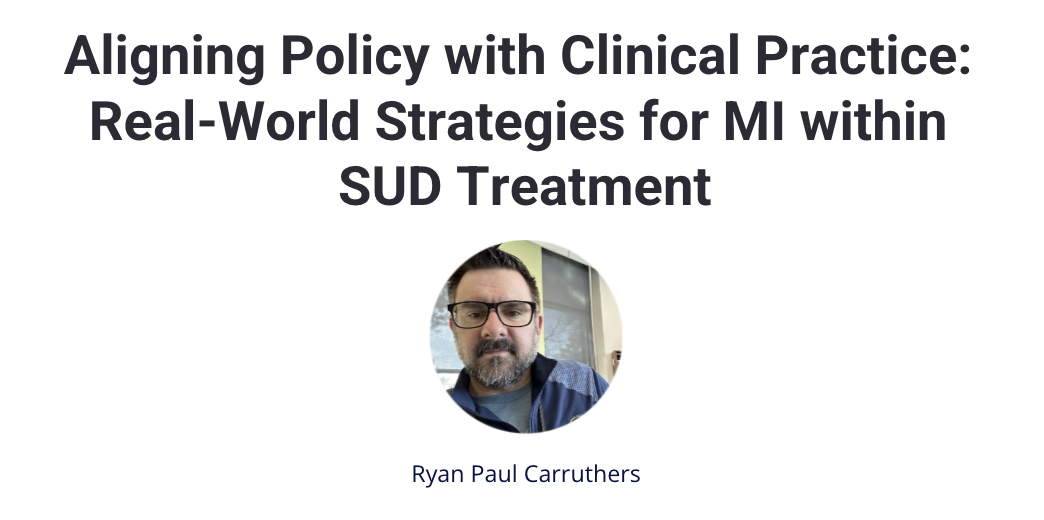
Substance use disorder (SUD) treatment programs often emphasize Motivational Interviewing (MI) as a cornerstone of clinical practice, but administrative policies and procedures can inadvertently undermine its principles. This misalignment creates discrepancies in the care individuals receive, leaving them caught between MI’s collaborative ethos and conflicting systemic requirements. This workshop explores the often-overlooked role of administrative policies in supporting—or disrupting—MI-based care. Participants will delve into the subtle ways policies can either enhance or impede clinical efforts to foster change, particularly when working with Harm Reduction strategies. By examining real-world examples, attendees will identify practical and implementable policies that align with MI principles, ensuring consistency across clinical and administrative practices. Additionally, this workshop will shine a light on policies and procedures that contradict MI, such as punitive approaches or rigid service mandates that conflict with a person-centered, non-confrontational framework. By contrasting effective and ineffective practices, attendees will gain a clearer understanding of how to create an environment where MI can thrive—not just in the counseling room, but across the entire system of care. Participants will leave with actionable strategies to align policies and procedures with MI, fostering a culture of compassionate, effective care in SUD treatment settings. This workshop is essential for leaders, administrators, and clinicians who want to bridge the gap between policy and practice, ensuring that the principles of MI are reflected at every level of service delivery. Learning Objectives: 1. Identify policies and procedures that align with or contradict the principles of Motivational Interviewing (MI) in substance use disorder (SUD) treatment settings. 2. Develop actionable strategies to implement harm-reduction-focused administrative policies and procedures that support MI-based clinical practices. 3. Analyze the impact of policy-practice discrepancies on care delivery and learn practical approaches to foster alignment across organizational systems.
Workshop #4 2:30 PM - 4:00 PM UTC
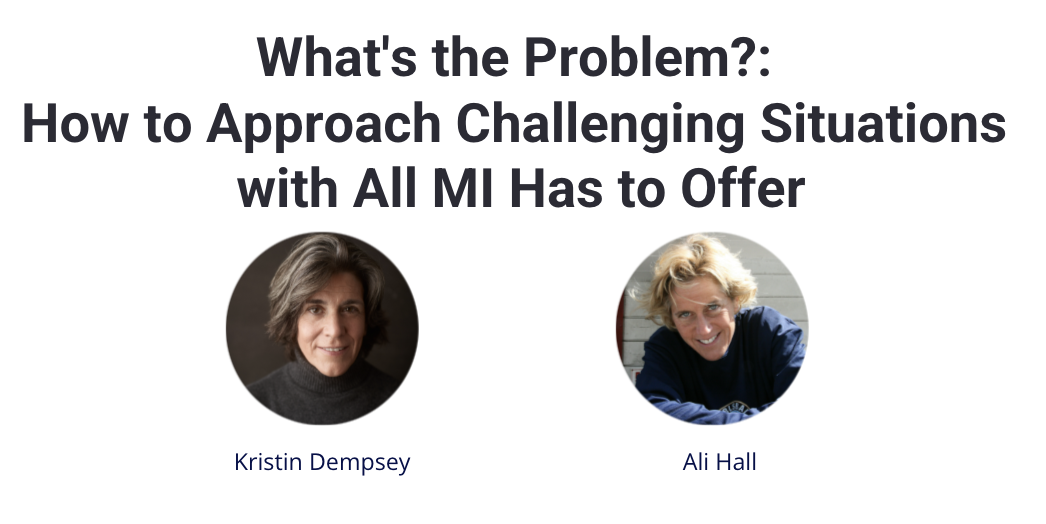
We speak from a large body of collective wisdom when we tell our trainees that “MI is simple but not easy.” Although motivational interviewing can be effective in many complex conversations, it is not uncommon to run into challenges because of compelling contextual issues and/or the variety of individual needs and wants that are challenging to manage. Because of such variation, we might find ourselves sitting with someone who doesn’t want to talk, who does not trust us, or who is experiencing hopelessness. Such issues, and many more, require thoughtful consideration of how the spirit, skills, and tasks of MI can be used to create the safety and responsiveness needed to build trust, hope, and interest in moving toward change and growth. Learning Objectives: 1. Describe at least two ways to effectively and collaboratively sort out the target “problem” in a typical motivational interviewing session. 2. State at least two interventions that will help build meaningful relationships through a person-driven assessment process. 3. Practice at least one skill that enhances person-driven problem definition and one skill that promotes a relationship-building assessment.
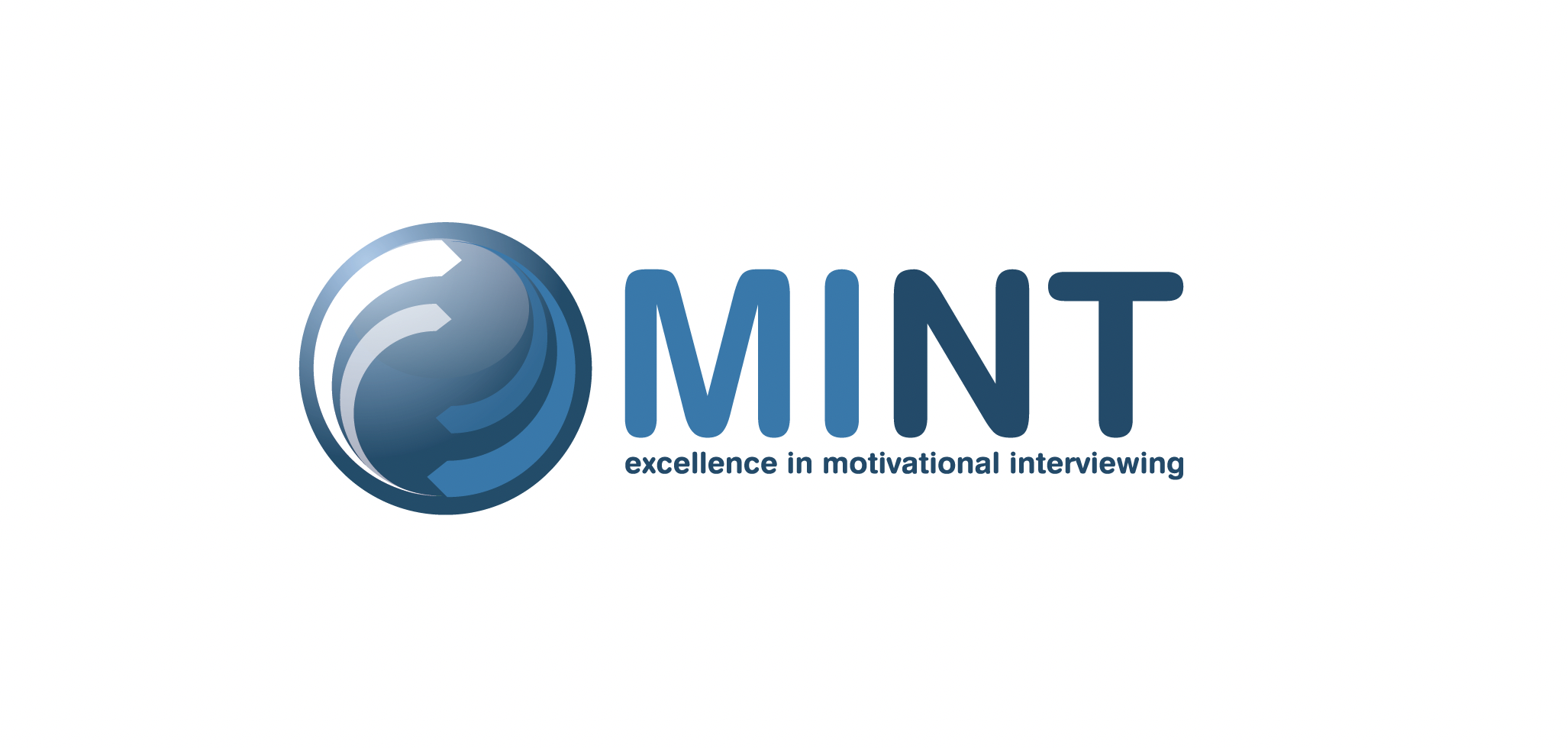
Empowering Change, One Conversation at a Time
Our goal is to build community and create connections all over the world by providing various virtual workshops with topics linked to Motivational Interviewing.
